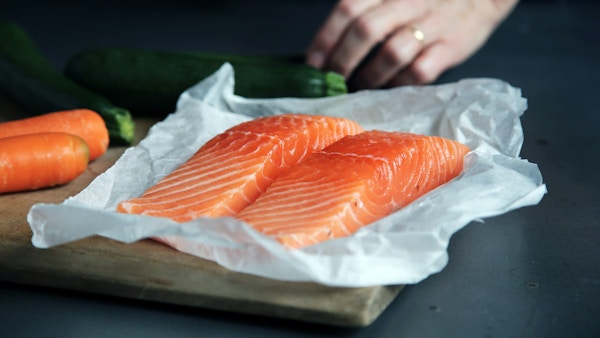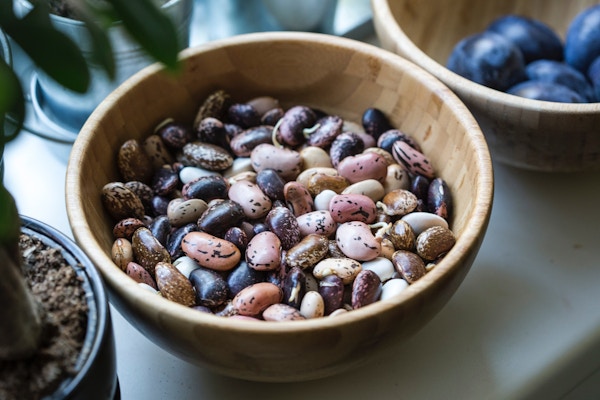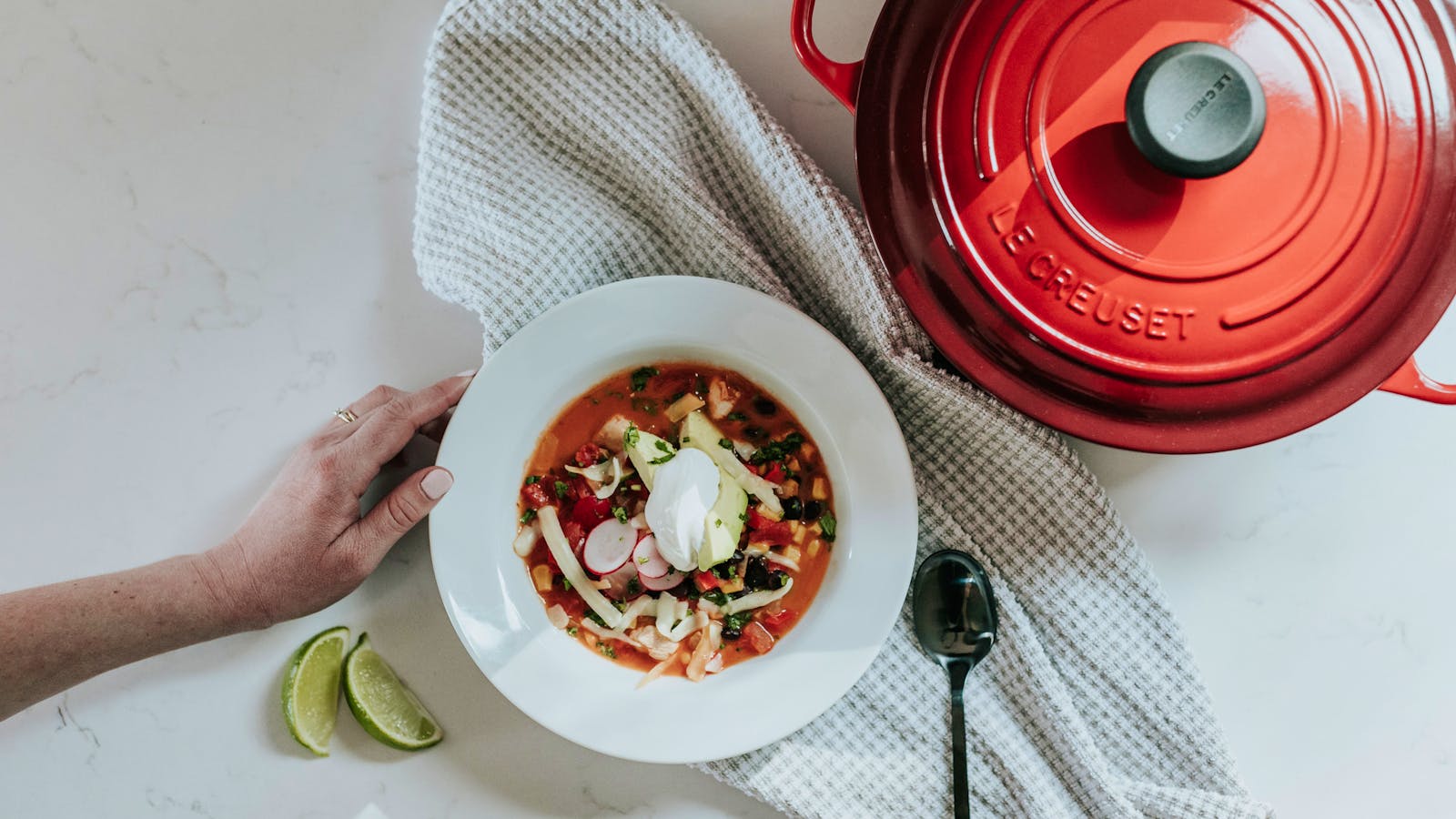Enter, then, Sonia Wahlroos, aka The Nordic Nutritionist, a Finnish-born, London- and Dubai-based nutritional therapist and mother of three. Working holistically, she creates personal programmes for her clients and also offers coaching and reflection, thereby focusing on the symbiosis of mind and body. Her ethos is rooted in the idea that we should all aim to eat real, nutritious food, but that it should also be delicious, with some reasonable allowance for treats too. A subscriber to the notion that we should strive for an 80/20 model, which is to say aiming for a diet that is 80 per cent healthy and 20 per cent more flexible, her programs are realistic and eminently achievable. No giving up after a couple of unsustainably gruelling days to see here.

Having experienced her own hormonal problems and set about healing them through adjusting her diet, Sonia is scrupulously wedded to the idea that good food need not be complicated. In fact, as a mother to three children, life demands that it should be quite the opposite.
As well as offering one-to-one programs, Sonia has also launched PURE, a five-week online course that distils her ethos and guides women towards their health and weight goals. Here, she outlines the cornerstones of her approach, and tells us how to look after our bodies so that they not only survive, but actually thrive, through the winter.
Sonia’s Golden Rules For Serving Our Bodies Well Nutritionally Through Winter
During the winter months, it's important to focus on nutrition to support your body's needs. Here are some of my favourites that you can easily implement into your routines.
Boost Immunity

Consume foods rich in vitamin C such as citrus fruits and bell peppers to strengthen your immune system.
In practice: Start your morning with lemon water and take high-strength probiotics.
Incorporate Omega-3 Fats

Include sources of omega-3 fatty acids like salmon, walnuts, and flaxseeds to reduce inflammation and support brain health.
In practice: Eat salmon and mackerel three times a week and add chia/ flaxseeds, and walnuts to your smoothies, porridge, and yoghurt.
Prioritize Protein

Ensure you get enough protein from sources like lean meats, poultry, fish, beans, and tofu to support muscle health, and optimal recovery. It is also your ‘best buddy’ when trying to lose weight or maintain it. Protein supports satiety and helps with sweet cravings.
In practice: Have a small portion with every meal, including snacks. If an apple is your to-go snack, combine it with a small handful of nuts (6-8 almonds).
Take Vitamin D

Since sun exposure is limited in winter, consider taking a vitamin D supplement or eating vitamin D-rich foods like fatty fish and fortified dairy products in moderation.
In practice: Take a good quality supplement. You cannot get enough from food.
Stay Balanced
Maintain a balanced diet that includes a variety of nutrients to meet your body's needs. In January most of us are making some sort of improvements towards our health and diet, but you should not deprive yourself. Winter is a hard time for our system anyway!
In practice: Eat three main meals a day and one to two nutritious snacks. Put an emphasis on healthy stews, and soups that keep you warm and satisfied.
Lastly, Stay Active

Don't forget to exercise regularly, as it's important for overall health and can help combat the winter blues.
By Nancy Alsop
January 2024





